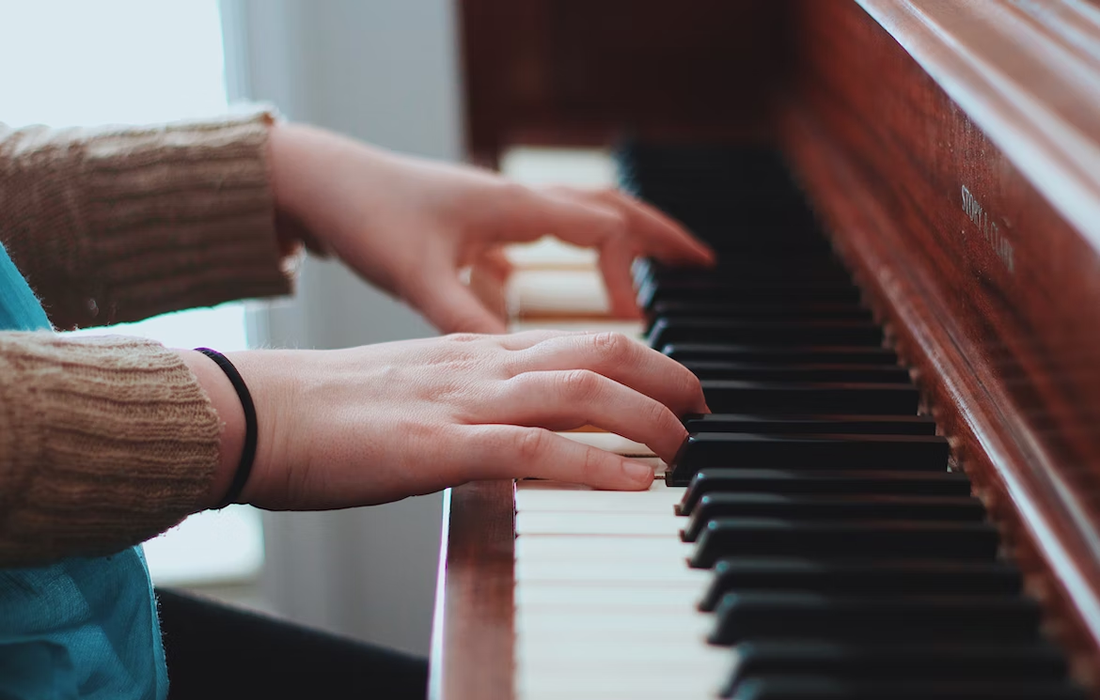Lifestyle
Music Therapy Improved Social Ability on Dementia
Dementia is considered a major neurocognitive disorder, in which a deficit in cognitive functioning is acquired rather than developmental. Dementia is most common in elderly individuals, with advancing age being the strongest risk factor. There are many types of this condition such as Alzheimer Dementia (AD) and Vascular Dementia (VD) , among others of all-cause dementia (ACD).
More than 6 million people in the U.S. have Alzheimer’s disease.
People with dementia often lose their ability to communicate verbally with loved ones in later stages of the disease.
Musical memory, processing not as affected by Alzheimer’s
Music memories often remain in the brain even as language and other memories disappear in dementia. This is because regions of the brain that are involved in musical memory and processing (e.g., the cerebellum) are not as affected by Alzheimer’s or dementia until much later in the disease course. Thus, patients can retain the ability to dance and sing long after their ability to talk has diminished.
Northwestern Medicine study, in collaboration with Institute for Therapy through the Arts (ITA), shows how that gap can be bridged with a new music intervention.
Dr. Borna Bonakdarpour analyzed Individuals with dementia and their care partners were recorded on video conversing and interacting for 10 minutes before and 10 minutes after the intervention. Before playing the music, each patient/caregiver pair had training on how to interact more effectively during the music. The intervention lasted 12 sessions, over 3 months.
During the 45-minute musical intervention, an ensemble of chamber musicians and a singer performed songs that appealed to the patients from their younger days. The patients and their caregivers received simple instruments such as tambourines and shakers to accompany the music. Specially trained music therapists interacted with patients during performances, getting them to beat on drums, sing and dance.
A group conversation followed the music. Patients were more socially engaged as evidenced by more eye contact, less distraction, less agitation and an elevated mood. In comparison, the control group, which did not receive the intervention and were exposed to usual daily care and programs, did not show such changes within the same time frame.
Before the intervention, some individuals would not communicate much with their partners. However, during the intervention, they started to play, sing and dance together, which was a significant change for the family. These changes generalized to their behavior outside the sessions as well.
The next step in the research is to conduct the study on a larger group of patients. The family and friends of people with dementia also are affected by it. It’s painful for them when they can’t connect with a loved one. When language is no longer possible, music gives them a bridge to each other.
SOURCE:
Rhiana Schafer, Aimee Karstens, Emma Hospelhorn, Jeffrey Wolfe, Amanda Ziemba, Peggy Wise, Rickie Crown, Jenni Rook, Borna Bonakdarpour (August 25, 2022). Musical Bridges to Memory. Alzheimer Disease & Associated Disorders, An International Journal. Retrieved from : https://journals.lww.com/alzheimerjournal/Abstract/9900/Musical_Bridges_to_Memory__A_Pilot_Dyadic_Music.25.aspx
IMAGE:
Photo by Elijah M. Henderson on Unsplash.

